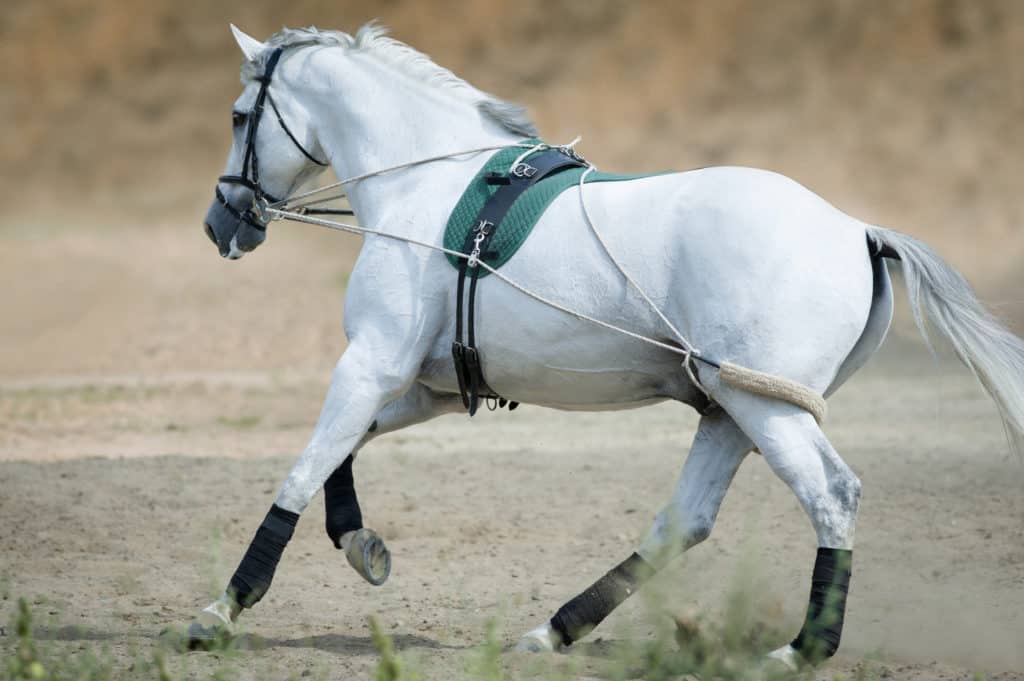In the world of horse training, the debate between punishment and reward has been ongoing. Understanding the nuances of each approach is crucial for horse enthusiasts aiming to nurture a well-behaved and happy horse. This article will delve into the differences between punishment and reward, exploring how each method impacts horse behavior and learning.

Introduction to Horse Training
Training horses requires patience, consistency, and an understanding of equine behavior. The methods used can significantly influence a horse’s responsiveness and overall demeanor. While some trainers advocate for traditional punishment-based techniques, others champion reward-based methods. Let’s explore these techniques further.
What is Punishment in Horse Training?
Punishment in horse training involves implementing an adverse consequence to reduce or eliminate an undesired behavior. This can range from a verbal reprimand to physical corrections. While punishment can be effective in the short term, it may lead to negative side effects, including fear and anxiety in horses.
Types of Punishment
- Verbal Corrections
- Physical Corrections
- Time-outs
The Concept of Reward in Horse Training
In contrast, reward-based training focuses on reinforcing positive behavior with incentives like treats, praise, or rest. This method, known as positive reinforcement, encourages horses to repeat desired actions, fostering a more willing and enthusiastic partner.
Types of Rewards
- Treats
- Verbal Praise
- Rest and Relaxation
Comparing Horse Punishment vs Reward
The primary difference between punishment and reward lies in their impact on the horse’s emotional state. Punishment can lead to stress and fear, potentially damaging the bond between horse and trainer. On the other hand, rewards promote trust and a positive relationship.
Effectiveness of Punishment
While punishment can be effective in stopping unwanted behaviors, it often does not teach the horse what to do instead. This approach may result in a lack of motivation and increased anxiety.
Effectiveness of Reward
Reward-based methods are typically more effective in teaching new behaviors. Horses trained with positive reinforcement often exhibit higher confidence and are more eager to learn.
The Science Behind Horse Training
Studies have shown that horses learn more effectively through reward-based training. The release of dopamine during positive reinforcement strengthens the learning process, making it more enjoyable for the horse.
Creating a Balanced Training Approach
A balanced approach, incorporating both punishment and reward, might be necessary in certain situations. However, it is essential to ensure that punishment does not overshadow the positive aspects of training.
When to Use Punishment
Punishment should only be used when absolutely necessary and should always be followed by a positive reinforcement strategy to guide the horse towards the desired behavior.
When to Use Reward
Rewards should be the primary method in training. Consistent and timely rewards can significantly boost a horse’s willingness to cooperate.
Common Mistakes in Horse Training
Trainers often make the mistake of not being consistent with their methods. Whether using punishment or reward, consistency is key to successful training.
Overusing Punishment
Excessive punishment can lead to a fearful horse. It’s crucial to avoid using punishment as the primary training tool.
Inconsistent Rewarding
Inconsistently rewarding a horse can confuse them. Ensure that rewards are given promptly after the desired behavior.
Case Studies: Punishment vs Reward
Several case studies highlight the effectiveness of reward-based training over punishment. Horses trained with positive reinforcement often display enhanced learning capabilities and a better relationship with their handlers.

FAQs
Is punishment ever necessary in horse training?
Punishment can be necessary in specific situations, but it should be used sparingly and always alongside positive reinforcement strategies.
How quickly do horses respond to reward-based training?
Horses often respond more quickly to reward-based training as it encourages them to repeat positive behaviors.
Can punishment harm the horse-human relationship?
Yes, excessive punishment can harm the relationship, leading to fear and mistrust.
To learn more about horse discipline training and effective techniques, visit this guide. For additional insights on horse voice command training, check out this resource. Lastly, external resources like Wild Jolie’s horse training guide offer valuable tips on training your horse effectively.
This article contains affiliate links. We may earn a commission at no extra cost to you.








